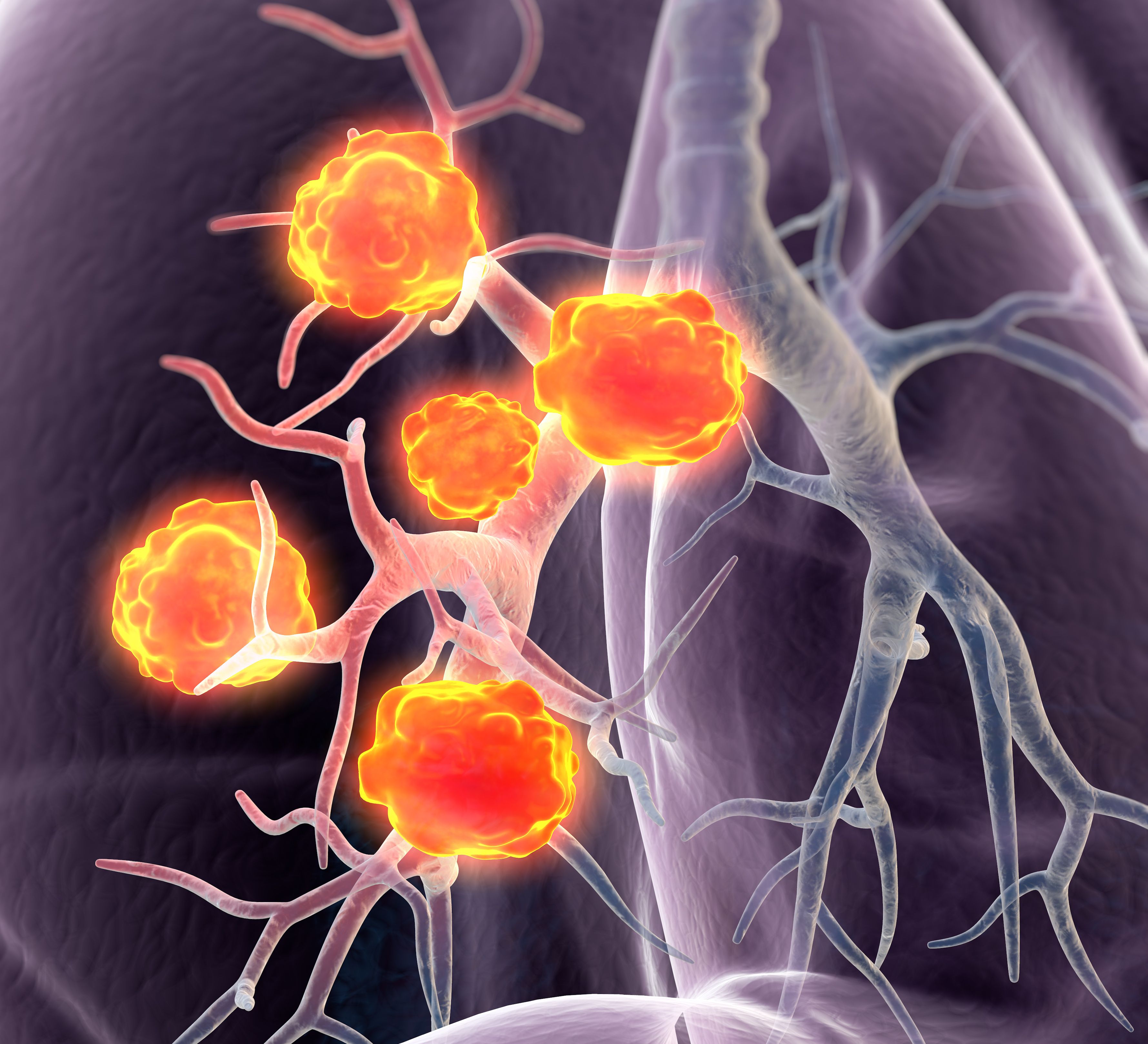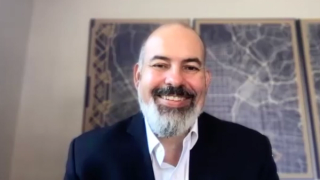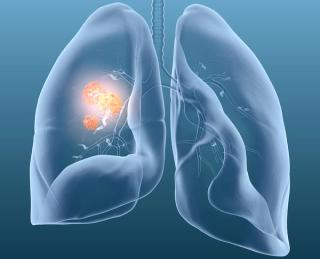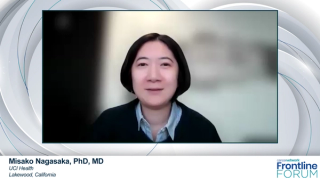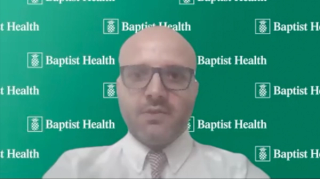
Lung Cancer
Latest News
Latest Videos

Podcasts
CME Content
More News
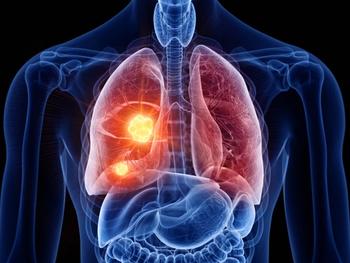
The safety profile of durvalumab after radiotherapy was consistent with durvalumab after chemoradiotherapy among those with unresectable stage III NSCLC.

Trials slated for presentation at the 2025 ESMO Congress may reveal practice-changing data across different breast and lung cancer populations.

Developers plan to discuss a regulatory path to conditional marketing authorization for OST-HER2 in the UK, US, and EU in resected metastatic osteosarcoma.

Treatment-related AEs with sunvozertinib were consistent with EGFR tyrosine kinase inhibitors in patients with NSCLC with EGFR exon 20 insertion mutations.

Findings from the 2025 World Conference on Lung Cancer reflected key updates in the management of NSCLC, SCLC, and other lung cancer types.

Phase 2b findings demonstrate improved 2-year survival outcomes with OST-HER2 compared with historical control data.
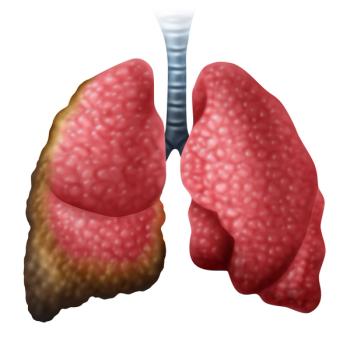
An ongoing, open-label phase 1 study evaluating VT3989 in mesothelioma revealed positive early efficacy and encouraging safety with the agent.

Explore innovative strategies and emerging therapies transforming small cell lung cancer treatment, enhancing patient outcomes and survival rates.

A proactive regimen reduces dermatologic AEs in patients with NSCLC who were treated with amivantamab and lazertinib, enhancing treatment adherence.
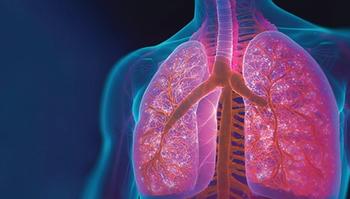
The MARIPOSA trial revealed promising survival benefits with amivantamab plus lazertinib vs osimertinib for patients with EGFR-mutant lung cancer.

A total of 35% of patients with fully resected metastatic lung osteosarcoma treated with OST-HER2 achieved 1-year event-free survival.

AI transforms non-small cell lung cancer management, enhancing diagnostics, treatment predictions, and personalized care strategies for improved patient outcomes.

Use of PET-guided radiotherapy may enable the opportunity to incorporate biological information into the planning and delivery of radiation.

Experts discuss shifting preferences in EGFR-mutated NSCLC treatments, highlighting new survival data from the FLAURA2 and MARIPOSA trials shared at ELCC 2025.

Experts discuss innovative treatments for extensive-stage small cell lung cancer, highlighting tarlatamab's potential and management of adverse effects.
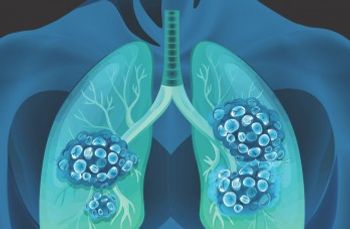
A phase 2 trial demonstrated a median overall survival of 43.5 months at 60 Gy compared with 22.5 months at 45 Gy in patients with limited-stage SCLC.

THIO with cemiplimab is active and well-tolerated in patients with advanced non–small cell lung cancer resistant to immune checkpoint inhibitors in second- and third-line settings.

The median OS was 18.5 months in those who received 6 or more cycles of induction chemotherapy vs 13.1 months in those who did not.

Benmelstobart-based regimens provide clinically meaningful PFS benefits as consolidation therapy for unresectable stage III non–small cell lung cancer.

Neoadjuvant alectinib met the primary end point with a major pathologic response rate of 42% in patients with potentially resectable stage III NSCLC.

Here are 3 things you should know about the multimodal treatment of patients with SCLC.

A systematic review shows that patients with mesothelioma who received HITOCH experienced between 13 to 35 months of survival.
![“[O]ur findings show that large-scale lung cancer screening is both feasible and effective, and provide a framework for successful delivery of a population-based national program,” according to the study authors.](https://cdn.sanity.io/images/0vv8moc6/cancernetwork/555f5be80532573a6654f0b562c43e11aedf99df-1200x857.jpg?w=350&fit=crop&auto=format)
Study data show a small number of individuals with a lung cancer diagnosis within 12 months of a negative baseline screening result.

Patients with ES-SCLC who received immunotherapy plus chemotherapy experienced a median OS of 14.9 months vs 11.9 months with chemotherapy alone.

Findings from a multicenter cohort study support screening adherence as a key lung cancer screening quality metric.




